By Marcel Mbamalu, PhD
As the date nears feverishly for the Anambra governor-elect, Chukwuma Charles Soludo, to assume office, the man himself has remained a cynosure. March 17, 2022 is the date, and Soludo has raised the stakes in the run-up to becoming substantive governor.
Many wonder if he can scale the high jump he seems to have set before time. Someone recently remarked that if Soludo’s tenure were a UEFA Champions League Game, he would have loved to bet on high odds for failure, despite the initial garagara.
Expectedly, every leader begins on a note of high optimism, but Soludo’s case was a bit super high-pitched. The stridence and pungency of his speeches after electoral victory smacked of a messiah; but sometimes of an emperor whose decrees will know no extra political, legislative and judicial obstacles.
Join our WhatsApp ChannelPerhaps, Soludo was stunned by the audacity of optimism, having scaled daunting odds to triumph at the polls ahead of over 25 initial contenders. At times, his emergence calls up memories of the kind of belief that spurred Obama from the intimidations of racial disadvantage to the apogee of global power.
Soludo, no doubt, came to the contest with intimidating credentials as a professor of economics and former governor of the Central Bank of Nigeria through whom Nigerian banks overcame a hitherto perennial history of crashing and liquidation. But it was as if Soludo was going to be stopped by Nigeria’s loss of appetite for promising leaders.
Having contested unsuccessfully in 2014, and sacrificing his ambition for Governor Obiano’s second term in 2018, Soludo declared his ambition in 2020. In March 2021, Soludo narrowly escaped death when gunmen struck at a civic centre, while he was meeting with the youth of his Isuofia community. Three policemen attached to him were killed.
In July 2021, the battle for the soul of APGA saw Soludo’s name dropped as the party’s gubernatorial candidate by INEC. As of November 1, 2021, less than five days to the November 6 polls, it was not clear if Ndi Igbo would participate in the elections owing to a subsisting IPOB order for voters to abstain from the elections, with crisscrossing security threats here and there.
READ ALSO: Boosting Human Capital Only Panacea To S’East Dev’t – Soludo
Soludo himself remarked shortly after his victory that: “The heroes of November 6 are the 5% registered voters who went out to vote despite the intimidating show of force (33000 policemen, 10,000 soldiers and other uniformed and non-uniformed persons).” Soludo also said that “it is noteworthy that no candidate in the recent times has faced the type of judicial hurdle that he had faced, with court injunctions flying all over the place across the geopolitical zones of Nigeria and lawyers were smiling to the banks.”
One month after winning the votes, he scaled a legal battle staged by 11 political parties, including the APC when an Abuja high court threw out a suit challenging his victory.
So, his high spirits after the polls may be understandable, though Soludo must now match words with action.
After his electoral victory, Soludo began on an overly ambitious note, decreeing a new phase for governorship in Anambra. An 80-member committee of technocrats was empaneled to screen would-executive council members through written application/interview. This was said to have immediately ruffled feathers among party members whose strength did not lie in oratory, academic literacy and high intelligence quotient.
What is more: Soludo said he would choose to be called Mr Governor, not His Excellency. He also opted for a low-key handover, and threatened to terminate revenue contracts being handled by friends of government. Causing such disaffection months before assuming office was seen as a major landmine in view of Nigeria’s politics of unflinching power desperados.
Around the world, populism is reigning, and Soludo appeared to have keyed in while leaning left towards more equality, social justice and reform. Leaders in advanced democracies around the world are known for clear-cut ideologies all of which often hold high promises of good standard of living for the populace. However, in Nigeria, it often doesn’t come down to whether a leader is leaning left or right, that is, being liberal or conservative. Nigeria’s politics is hardly describable in any terms for which democracy is known except brigandage, power grabbing brinkmanship, corruption and executive terrorism. Will Soludo live above board and set Anambra on the path of definable system of governance beneficial to the last man in the state?
Fingers are pointing at the lingering status of Onitsha as a crime haven and Awka as a glorified village 31 years after becoming the state capital of one of the ‘richest’ states in Nigeria. Great strategy about political will must be on the cards now because when the stakes are high, only the strategic governor keeps going.
Anambra has the chance to make history by redeeming the Southeast from its rudderless status in view of the realities of farmer-herder crises, IPOB controversies, threats of ethnic domination, the sanctity and security of the southeast amidst the tensions and alleged betrayals in Imo and Ebonyi States. Some people have already staked bets on Anambra with high of odds for Soludo’s failure like some governors before him. It is Soludo’s choice to prove bookmakers wrong.
While tackling the obvious problems of Anambra, he must know that, at times, the real problems are unseen. On November 11, less than 24 hours after his electoral victory, Soludo promised to run an all-inclusive government that would focus on problem-solving and value addition to the state. As professor of Economics, Soludo is home to research. He must be in tune with the statement in research that the real issue is ability to identify the real problems, before the real solutions.
In agriculture, trade and industry, expectations are high and Soludo will likely do well. It is easy to score high political points here despite subsisting government neglect of the limitless expanse of arable land in the country, while one in 10 Nigerians go to bed hungry every day. The prevailing hunger and pestilence in Nigeria will make food abundance easily remarkable in Soludo’s government. Omambala, Ogbaru and Nkwelle Ezunaka are areas with high potentials for modern agriculture. Incentives can be provided by creating funds for businessmen and young school leavers to take to agriculture.
However, there are other very significant areas whose link with societal progress and failure may be subtler. Soludo can choose to emphasize them, and then raise consciousness and score high marks in the area of novelty, deep sight and foresight.
For instance, most of Anambra’s commercial centres, especially Onitsha, are classic cases of urban slums, with housing problems, poor sanitary conditions and healthcare crisis. There is a rank absence of leadership in the southeast politically and culturally. Absence of leadership shows in the trending nudity, ritualism, and poor sense of responsibility and respect among youths, a dying Igbo Language, drug abuse among the youth, collapse of family structures and values, draining youth interest in education and poor quality curricula, facilities, and teaching methods in educational institutions. Many think that these issues are prominent because they are everyday issues. However, their effects are often less easy to see.
Moral decadence, unhappy populace, poor self-confidence, low-level interpersonal trust, communal crisis, weak Igbo unity, wobbly marriage institutions, a poor sense of self-respect and a feebly social conscience are some of the effects of the problems named above. These effects will naturally fizzle out if the causes are addressed. Studies have consistently found close links between failing cultural values, dress sense among the youth and family values on the one hand and social progress on the other. Hunger, instability, insecurity and disease are bigger social problems taking the interest away from these less talked-about social malaise. Interestingly, these smaller foxes are actually the main diseases, while the so-called bigger, more prominent social problems are symptoms of less obvious diseases.
As Soludo gets the best men, women and materials for operation, these are issues to be tabled before them. Happily, one of the earliest statements to follow Soludos’ victory was his promise to pursue peace and unite the people in order to bring the much-needed value to the state. Beyond Anambra State, Soludo can extend the olive branch to his colleague governors towards unity of governance in the Southeast.
A sense of unity of purpose and leadership has eluded the Southeast zone in decades since the end of the civil war in 1970. Surely, the other Southeast governors and those to come after them will be interested in the lessons that will proceed from the high optimism of Soludo’s emergence. Such unity and lessons can only solidify democracy, restore confidence in governance and perhaps infect other geopolitical regions of Nigeria, nay, West Africa.
Between six months and one year henceforth, the results of those who have bet on Soludo will start to show. As history beckons, Soludo can continue to coast on the crest of the high tides he has caused to move on the sea of governance.
Mr. Governor, history is here. It’s Anambra for posterity!
Dr Marcel Mbamalu, former Editor at The Guardian, is a Development Journalist, Researcher and Media Consultant
email: marcelmbamalu2@gmail.com

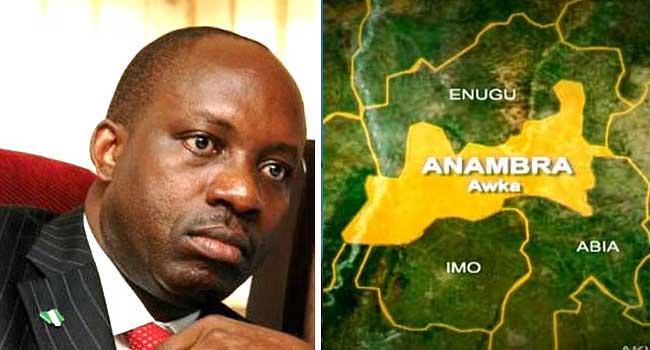



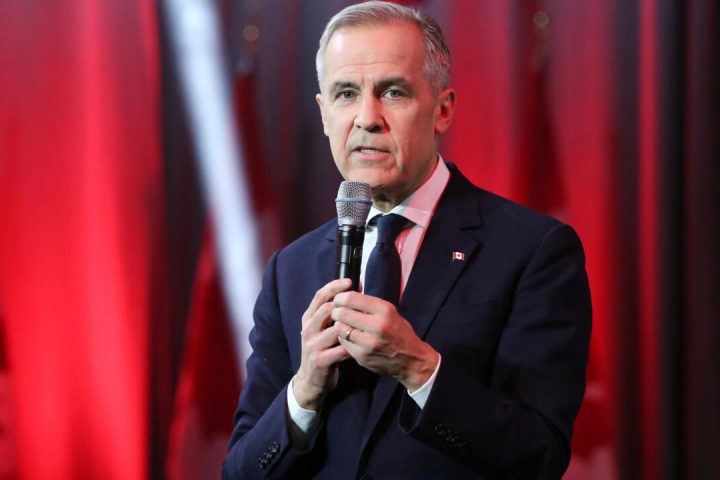
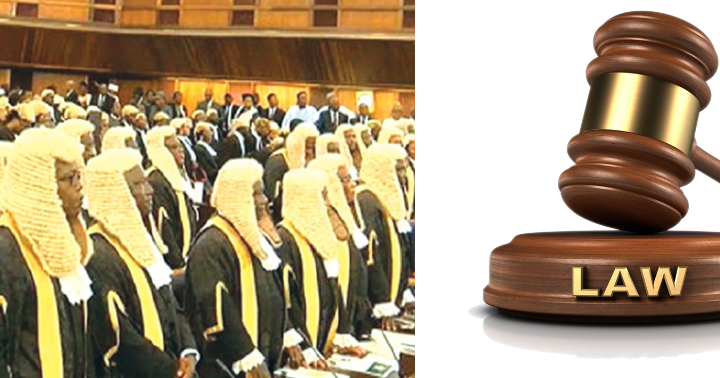



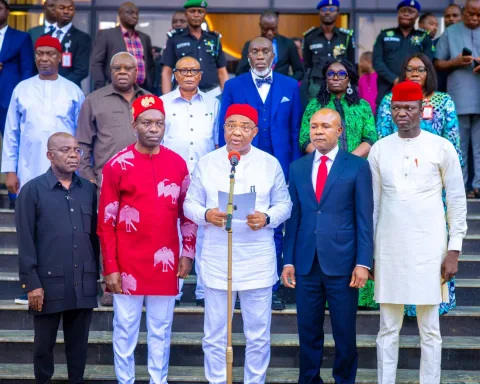




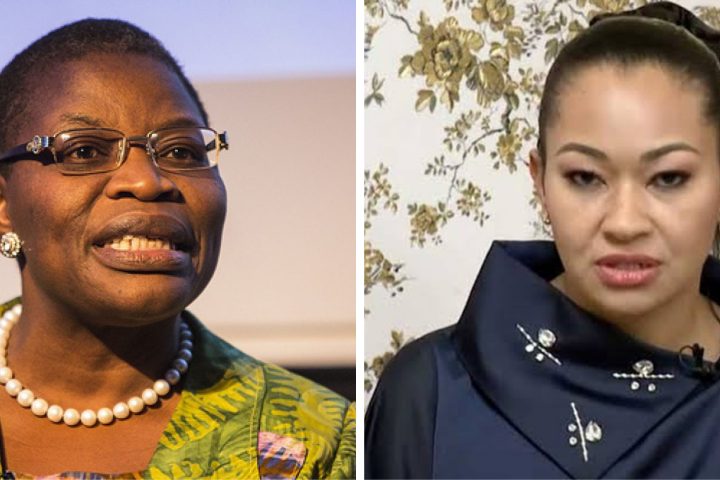
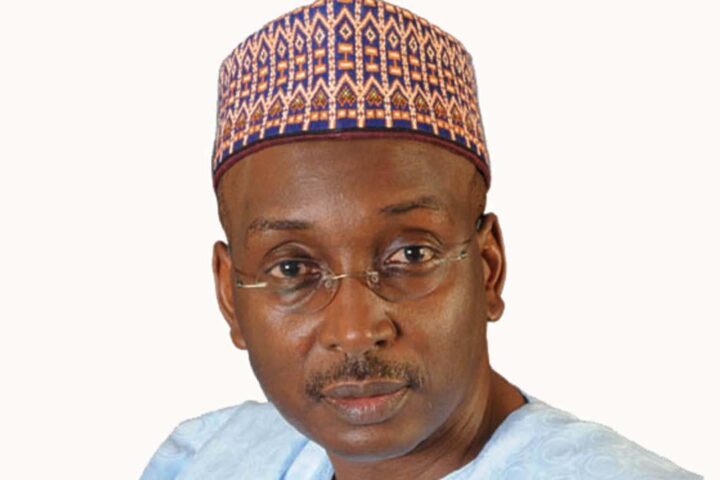
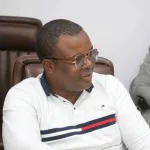
Follow Us